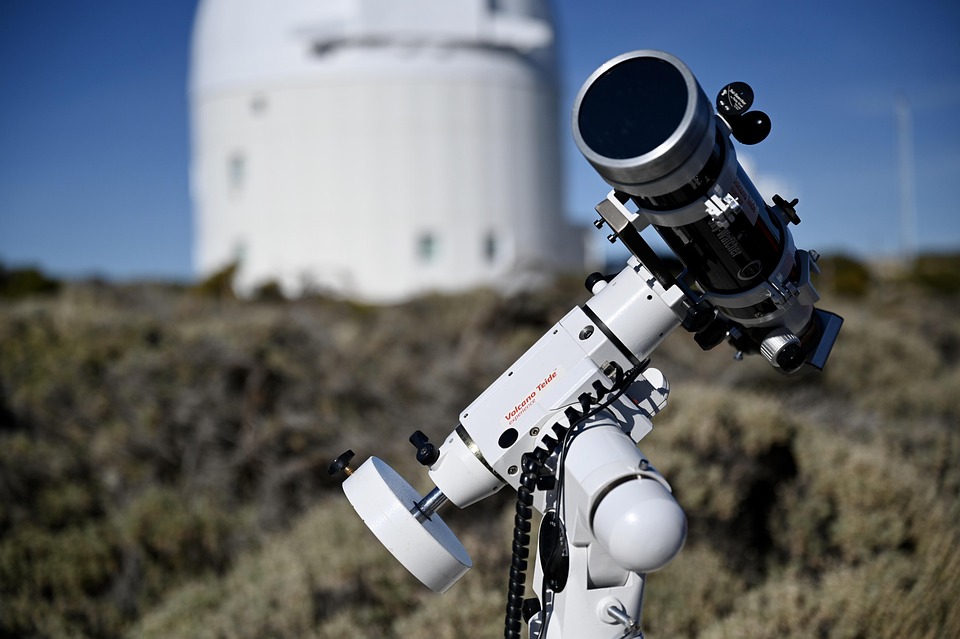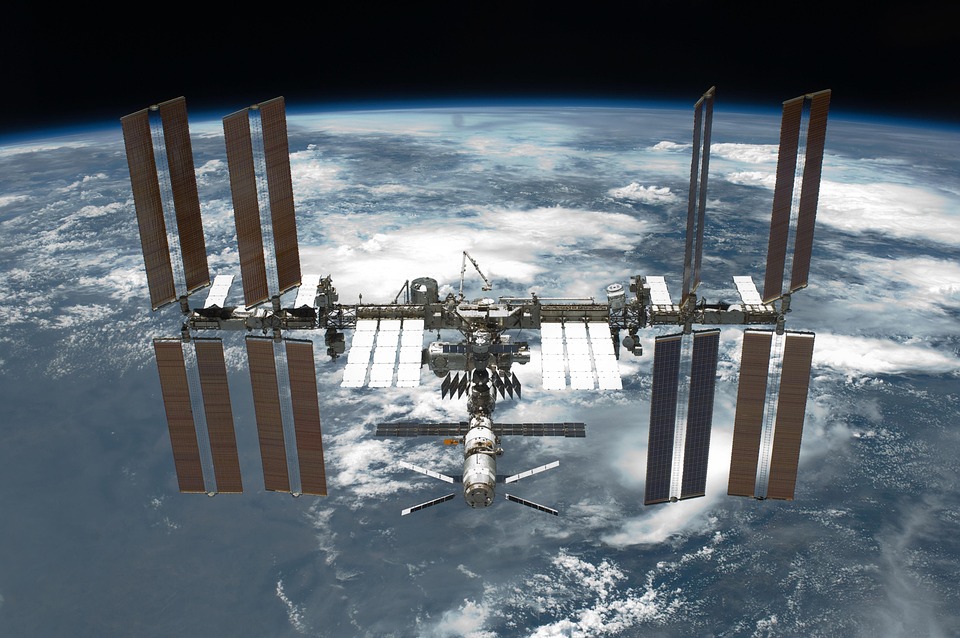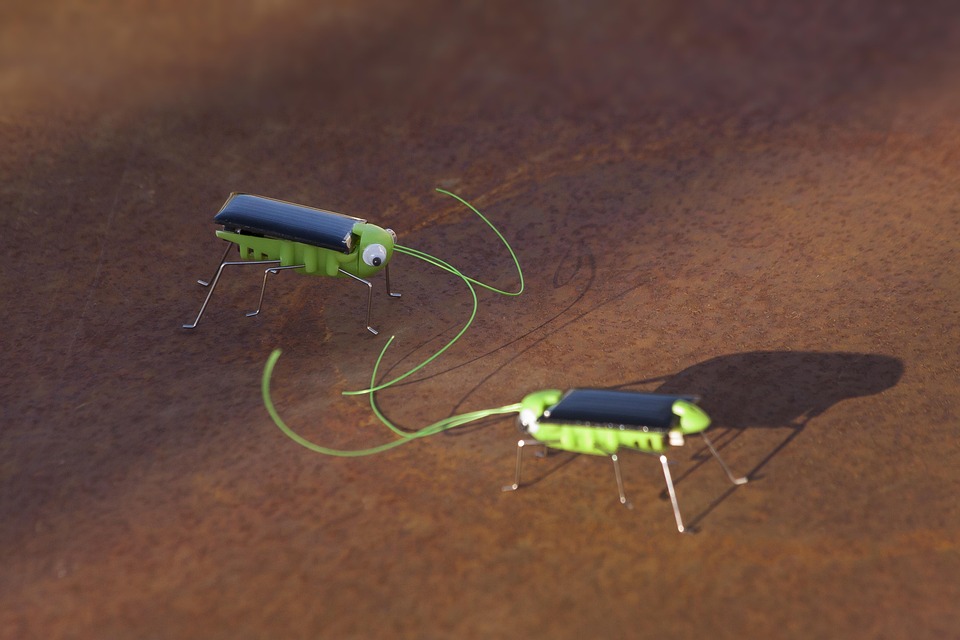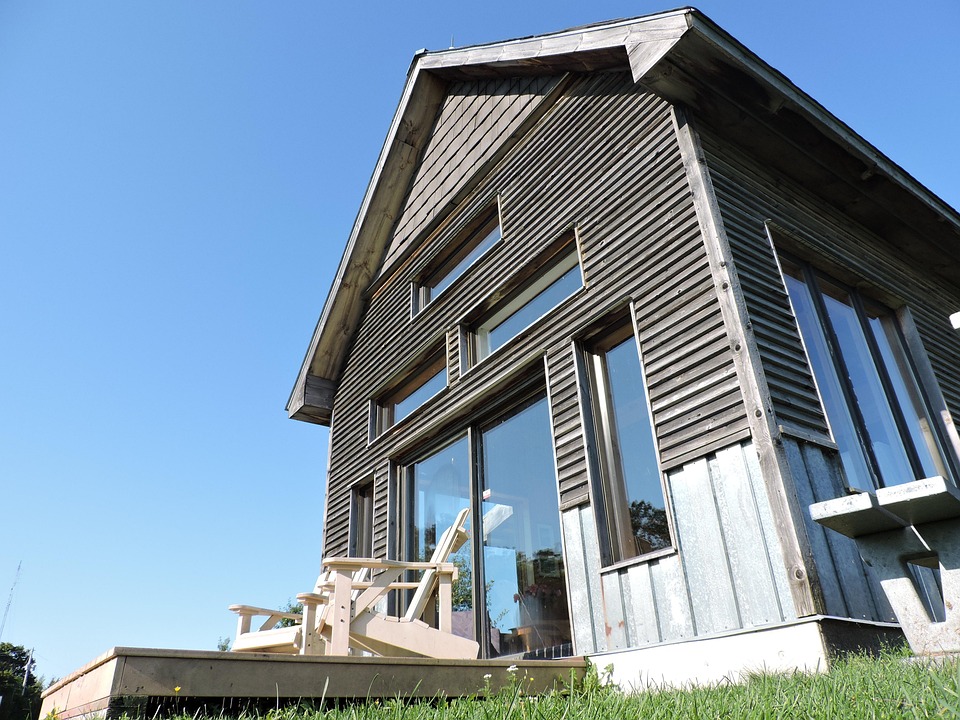**Solar Panel Types Explained: What You Need to Know Before Investing**
# Solar Panel Types Explained: What You Need to Know Before Investing The golden rays of the sun streamed through the window of my cozy cabin, igniting a sense of warmth and freedom. Living sustainably and harnessing nature’s abundant resources has turned my daily life into an adventure. One of the most transformative choices I made was investing in solar panels. The solar setup not only empowered me to generate my own electricity but also offered an exhilarating sense of independence. However, diving into the world of solar energy can feel overwhelming, especially with the myriad options available. Let’s break it down and explore the different types of solar panels, ensuring you make an informed decision before taking the plunge into this eco-friendly investment. ## Understanding Solar Panels: The Basics Solar panels convert sunlight into electricity using photovoltaic (PV) cells. They come in various types, each designed for specific needs and efficiency levels. When choosing solar panels, you must consider factors like efficiency, wattage output, and, of course, cost. Here’s a breakdown of the most common types of solar panels on the market today: ### 1. Monocrystalline Solar Panels **Overview:** Monocrystalline solar panels are made from single-crystal silicon. They are known for their high efficiency and longevity. The sleek, dark appearance of these panels often makes them the preferred choice for homeowners. **Advantages:** – **High Efficiency:** Typically, these panels boast efficiency ratings between 15% and 22%, making them one of the most efficient options on the market. – **Space-Saving:** Due to their high efficiency, you’ll need fewer panels to generate the same amount of energy. – **Longevity:** With a lifespan of 25 years or more, they come with excellent warranties. **Disadvantages:** – **Cost:** They are generally more expensive to manufacture, which can increase your overall investment. ### 2. Polycrystalline Solar Panels **Overview:** Polycrystalline solar panels are produced from multiple silicon crystals melted together. They tend to have a bluish hue and a speckled appearance. **Advantages:** – **Cost-Effective:** The manufacturing process is simpler and less expensive, making these panels more affordable upfront. – **Decent Efficiency:** They typically yield around 13% to 16% efficiency, which is reasonable for residential usage. **Disadvantages:** – **Space Requirements:** Lower efficiency means you’ll need more panels to produce the same energy output compared to monocrystalline options. – **Less Aesthetic:** Some people find their appearance less appealing than monocrystalline panels. ### 3. Thin-Film Solar Panels **Overview:** Thin-film solar panels are made by placing photovoltaic material onto a substrate. They are the least known but are worth considering, especially for specific applications. **Advantages:** – **Flexibility:** Their lightweight and flexible nature makes them suitable for different surfaces, including curved roofs. – **Performance in Heat:** They perform better in high temperatures and low-light conditions compared to other types, making them ideal for specific climates. **Disadvantages:** – **Lower Efficiency:** With efficiency ratings from 10% to 12%, you’ll need significantly more space and more panels to achieve your energy goals. – **Shorter Lifespan:** They also tend to have a shorter lifespan, often around 10 to 20 years. ### 4. Bifacial Solar Panels **Overview:** Bifacial solar panels can absorb sunlight from both sides, using sunlight that reflects off surfaces like the ground or rooftops. **Advantages:** – **Increased Energy Production:** They can generate more energy than traditional panels due to dual-sided light absorption. This makes them an excellent choice for areas with reflective surfaces. – **Durable Design:** They often feature a sturdier construction and are built to withstand harsh weather conditions. **Disadvantages:** – **Costly:** The investment can be hefty due to their advanced technology. – **Installation Considerations:** Proper installation requires careful consideration of sunlight angles and reflective surfaces. ## Comparing Various Solar Panels Understanding the strengths and weaknesses of each type of solar panel is vital to your decision. Here’s a comparison chart that outlines their key features: | Type | Efficiency | Lifespan | Cost | Best For | |————————|————|—————-|————|————————| | Monocrystalline | 15-22% | 25 years+ | High | Limited space, aesthetic| | Polycrystalline | 13-16% | 25 years+ | Moderate | Budget-conscious homes | | Thin-Film | 10-12% | 10-20 years | Low | Flexible installations | | Bifacial | 18-22% | 25 years+ | High | Reflective surfaces | ## Making the Right Choice Before investing in solar panels, consider the following: ### 1. Location Matters Your geographical location significantly impacts solar efficiency. Areas with abundant sunlight will benefit more from solar panels, particularly monocrystalline ones. Meanwhile, thin-film panels may perform better in shaded areas or regions with extreme temperatures. ### 2. Energy Needs Assessment Calculate your household’s energy requirements. A simple analysis of your monthly utility bills can help determine how much energy you consume, enabling you to choose a solar system that can accommodate your needs. ### 3. Roof Compatibility Assess your roof’s condition, slope, and orientation. Ideally, south-facing roofs with minimal shading maximize solar energy capture. If your roof isn’t ideal, you might consider ground-mounted options. ### 4. Finances and Incentives Explore local, state, and federal incentives that can offset your investment. Tax credits, rebates, and financing plans can significantly reduce your upfront costs. ## Pro Tips for Maximizing solar Potential 1. **Choose Quality Over Cost:** Opting for a less expensive panel may save you money now but can lead to higher expenses later due to increased replacements or operating costs. 2. **Get Multiple Quotes:** Work with several solar providers to compare quotes. This will help you find the best value based on the equipment and installation. 3. **Consider Battery Storage:** If you live in an area with frequent power outages, investing in a battery storage system can help you maintain power even when the grid goes down. 4. **Regular Maintenance:** Keep your panels clean and well-maintained to ensure optimal energy production. Light cleaning a few times a year can dramatically enhance efficiency. 5. **Educate Yourself Continually:** The world of solar energy is always evolving, with new technologies and incentives emerging regularly. Staying informed will help you maximize your investment. ## Conclusion Investing in solar panels can










